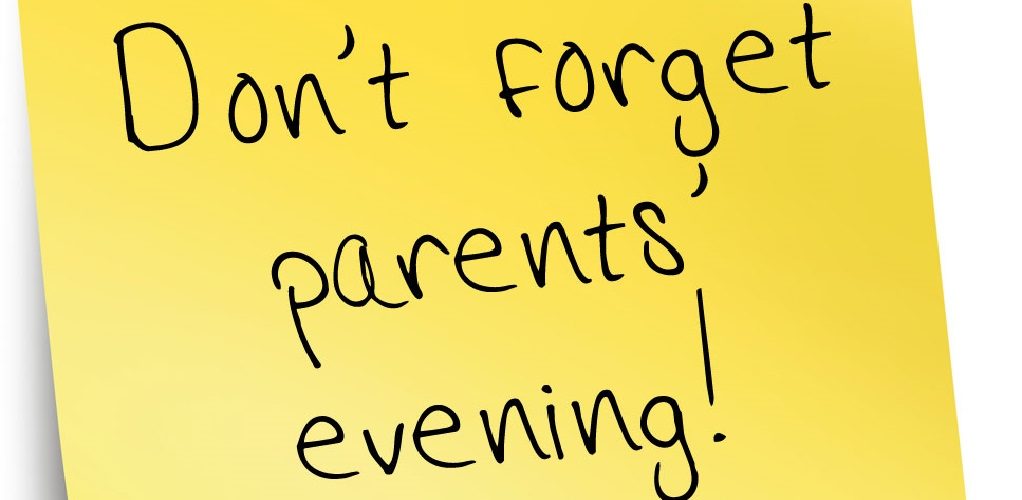Writing, Oracy & Reading Development
We work hard to help students become confident, articulate and thoughtful in their appreciation of the English language, because excellent literacy skills are vital for our students' future education, employment and general well-being.
Writing, speaking, and reading with fluency provides young people with the building blocks not just for academic success, but for fulfilling careers and rewarding lives. As such, we place great emphasis on WORD (Writing, Oracy and Reading Development) at Harris Academy Rainham.
As a parent or carer, you can do a lot to support your son or daughter in their writing, oracy and reading development. Below you will find some strategies to try at home, as well as additional information on how we embed WORD within our school.
To discuss how best to help your son or daughter with WORD at home, please contact Mrs Turker, Executive Head of English responsible for Literacy (e.turker-glodowska@harrisrainham.org.uk).
Why does WORD matter?
Evidence suggests that language development is the best predictor for later achievement in school. So, if we as a school, and you as parents, focus relentlessly on developing the ability of our young peoples’ writing, oracy and reading, they will be able to achieve ambitious life goals in the future.
 Writing development
Writing development
How does the school promote writing?
- In lessons: teachers will focus on explicit teaching of vocabulary. Teachers will also focus on explicit teaching of more sophisticated sentence structures. There will also be frequent opportunities for students to practice extended writing in lessons (for example in History, English, RS and Geography).
- Personal Development: We have a oracy and public speaking as part of our PD curriculum.
How I can support my child with writing at home?
- Write letters: a simple way helping your child develop their writing skills is to write letters. For example, writing a thank you letter to a family member, teacher, or member of the community would encourage your son or daughter to articulate themselves to a more formal audience.
- Writing emails: this can also help develop writing skills. For example, writing an email to set up some work experience would need to be written formally, using language appropriate to someone who is not known to the writer.
- Writing diary entries: this can also help provide both an opportunity to develop writing skills as well as the ability to reflect on ones relationships and events of the day or week at school.
Oracy development
How does the school promote oracy?
- Structured Partner Talk: every subject prioritises opportunities in lessons for group discussion. We call this ‘partner talk’. Teachers will use specific strategies to ensure the talk is of a high quality.
- School plays/performances: each year the school will hold a school play, as well as celebrations such as the Winter Performance.
- Competitions: we hold competitions across the year which promote oracy. For example, the Jack Petchey Challenge.
How I can support my child with oracy at home?
- Make your home a talking rich environment: this involves carving out time to get together as a family to talk. For example, at mealtimes or on the journey to school in the morning. Using focus points for discussion can widen your son or daughter’s vocabulary, for example talking about the ‘word of the day’ or current events in the news.
- Reading aloud: encouraging your child to read aloud at home will help develop not only their reading skills, but also their oracy. We encourage pupils to read for 30mins a day at home.
 Reading development
Reading development
How do we test pupils reading abilities?
- The New Group Reading Test (NGRT) is a standardised assessment to measure reading skills of students aged 5-16 years against the national average. Through a variety of exercises, NGRT can assess students’ knowledge of phonics, comprehension, decoding ability, vocabulary, grammatical knowledge, deduction and inference skills, authorial intent, and ability to deal with figurative and idiomatic language.
- The Lucid Exact provides a comprehensive assessment of literacy from age 11 to 24. Lucid Exact provides precise standardised assessment of word recognition/reading accuracy, reading comprehension, reading speed, spelling, writing to dictation and Keyboarding to dictation.
- The Sparx Reader Levels are a measure of student reading ability, on a 1 to 9 scale.Students will be shown a selection of books that are appropriate for their Reading Level. Every time students do some reading or answer a question, Sparx Readers learns a bit more about how they read, and that all feeds into their estimate of their current reading level. The more students read using Sparx Reader, the more information they will have to ensure their level is accurate.
How does the school promote reading?
- Guided reading and independent reading. In learning guide time each Friday, pupils read a book as a class.
- Pre-reading. Literacy based subjects (RE, History and English) ask pupils to complete pre-reading before each lesson.
- The Rainham 100. To help students choose entertaining books that will help their literacy levels we've compiled the Rainham 100 - one hundred books that the staff, students and parents believe to be classics and that students should aim to read during their time at the academy. Download the Rainham 100 list of books. Which one will you read next?
- Regular promotion. We promote new books and books of the week, and also promote books that teachers are reading to encourage conversations between teachers and pupils.
- Bedrock: All pupils are signed up to Bedrock vocabulary and grammar. This is an online platform which supports students in their reading and vocab development.
- Meta-cognitive approaches to reading: The simplest definitions of metacognition are “thinking about one’s thinking” or “knowing about knowing.” Metacognition refers to the process of considering and regulating one’s own learning. In reading this means the reader can think critically about their own understanding as they read. Bookmarks with meta-cognitive questions on them are available from the library. There is evidence which suggests the use of ‘metacognitive strategies’ – which get pupils to think about their own learning - can be worth the equivalent of an additional 7+ months’ progress.
How I can support my child with reading at home?
- Check that they have a book to read for pleasure: the best way to develop a love of reading is to make sure your son or daughter has a book, and one that is appropriate to their age, ability, and interests. This will help them read for pleasure (rather than because they have been told to!).
- Build time into the day to read: we suggest that each child reads for thirty minutes a day. Where possible this should involve reading aloud to you, a sibling, or even a pet!
- Make your home a reading environment: this involves having books available, reading to your son or daughter when the opportunity arises, talking about books that you or they have read, and celebrating their successes in their reading development.
- Phonics: use phonics to help your child sound out new and unfamiliar words. You can find some helpful information on how phonics works on the BBC’s webpage ‘The Alphablocks’ Guide to Phonics’. Books in the Oxford Owl free eLibrary are suitable for students who are at the early stages of developing their reading skills.
Vocabulary development
How does the school teach vocabulary?
- 2+1: All lessons have three key terms for each lesson. These are two subject-specific terms and one tier two word which will be used in that lesson. Pupils are encouraged to use these words in their written work and verbal responses in lessons.
- Bedrock: All pupils are signed up to Bedrock vocabulary and grammar. This is an online platform which supports students in their reading and vocab development.
How I can support my child with vocabulary at home?
- Make your home a talking rich environment: Encourage conversations with your child about any new words they may not have come across before. Talk about ways in which they can use these words in sentences.
- 2+1: Ask your child what words they learnt in school today – what were their 2+1 words in each lesson.
- Bedrock: When your child is completing their bedrock for homework, talk it through with them and the meaning of new vocabulary that they may come across.

















